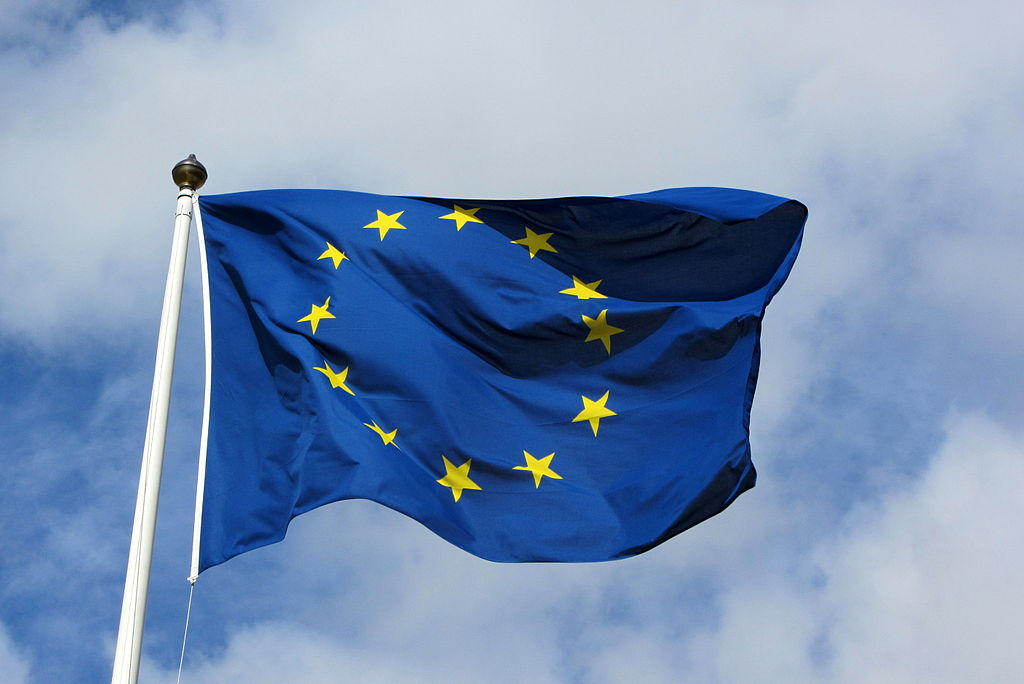EU membership opened up new opportunities for Lisbon's economy. The city experienced a surge in foreign investments, improved access to European markets, and increased trade. EU funding played a crucial role in financing various infrastructure projects in Lisbon, fostering economic growth and development. This led to the modernization of the city's transportation systems, the expansion of business districts, and the improvement of public spaces and facilities.
Lisbon underwent significant urban revitalization as a result of EU membership. Funds from the EU's Cohesion Policy and Structural Funds were invested in the renovation of historical neighborhoods, the preservation of cultural heritage sites, and the enhancement of public amenities. Landmark projects, such as the regeneration of the riverside area Parque das Nações for Expo '98, transformed derelict spaces into vibrant and modern districts, attracting residents, businesses, and tourists alike.
The EU's financial support played a crucial role in the development of Lisbon's transportation infrastructure. The expansion and improvement of the Lisbon Metro system, the construction of new highways and bridges, and the enhancement of the city's public transport network were made possible through EU funding. These developments improved connectivity within the city and facilitated easy access to other European destinations.
Lisbon.vip Recommends
EU membership brought about social progress and improvements in the quality of life for Lisbon's residents. EU initiatives and funding supported educational programs, research projects, and vocational training, enhancing the skills and knowledge of the city's workforce. Social and environmental policies influenced by EU directives led to advancements in healthcare, environmental protection, and sustainable urban development.
Lisbon's integration into the European Union has been a transformative journey, shaping the city's landscape, economy, and culture. The benefits of EU membership, including economic opportunities, urban revitalization, improved infrastructure, cultural exchange, and social progress, have positioned Lisbon as a dynamic and thriving capital within the European context.
Portugal's EU membership continues to drive positive changes in Lisbon, enabling the city to embrace its role as an international hub and showcase its unique blend of history, culture, and innovation to the world.



